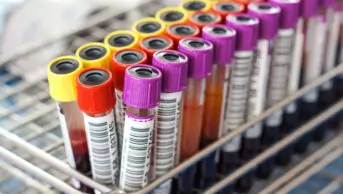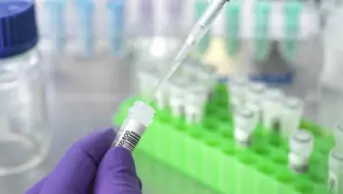
Shutterstock.com
Canadian researchers have suggested that patients with depression could have better outcomes if their treatment was guided by the results of pharmacogenomic testing, in a study published on 14 March 2022 in Translational Psychiatry.
The GAPP-MDD trial randomised 183 patients diagnosed with major depressive disorder, who had an inadequate response to at least one psychotropic medicine, to receive treatment guided by pharmacogenomic testing on a saliva sample.
Outcomes from the ‘guided care’ arm were compared with a ‘treatment as usual’ group which contained 93 patients with major depressive disorder.
After eight weeks, symptoms (as measured by the 17-point Hamilton Depression Rating Scale) improved in patients in the guided-care arm by 27.6% versus baseline, compared with 22.7% for the ‘treatment as usual’ group.
Depression remission rates were also higher in the guided-care group at 15.7% versus baseline, compared with 8.3% in the treatment as usual group.
However, the researchers admitted that the trial was underpowered to detect statistically significant differences owing to the size of the cohort.
“The findings from the GAPP-MDD trial, although not statistically significant, are broadly consistent with other studies in the field,” the authors explained.
“Given that ‘trial and error’ is the most common strategy for antidepressant prescribing, even small gains in response can be clinically meaningful. The meta-analysis contributes to the growing body of evidence on the clinical usefulness of combinatorial pharmacogenomics testing.”
In a report published on 29 March 2022, the Royal College of Physicians and British Pharmacological Society recommended that a service to consult patients on pharmacogenomics should be developed within each integrated care system in England and led by teams that include pharmacists.
The report includes a series of recommendations to help deploy pharmacogenomic testing in GP surgeries, hospitals and clinics across the UK to ensure all patients have an equal chance of being prescribed a medicine at a dose that is likely to be safe and effective for them, with minimal side effects.


